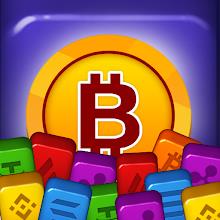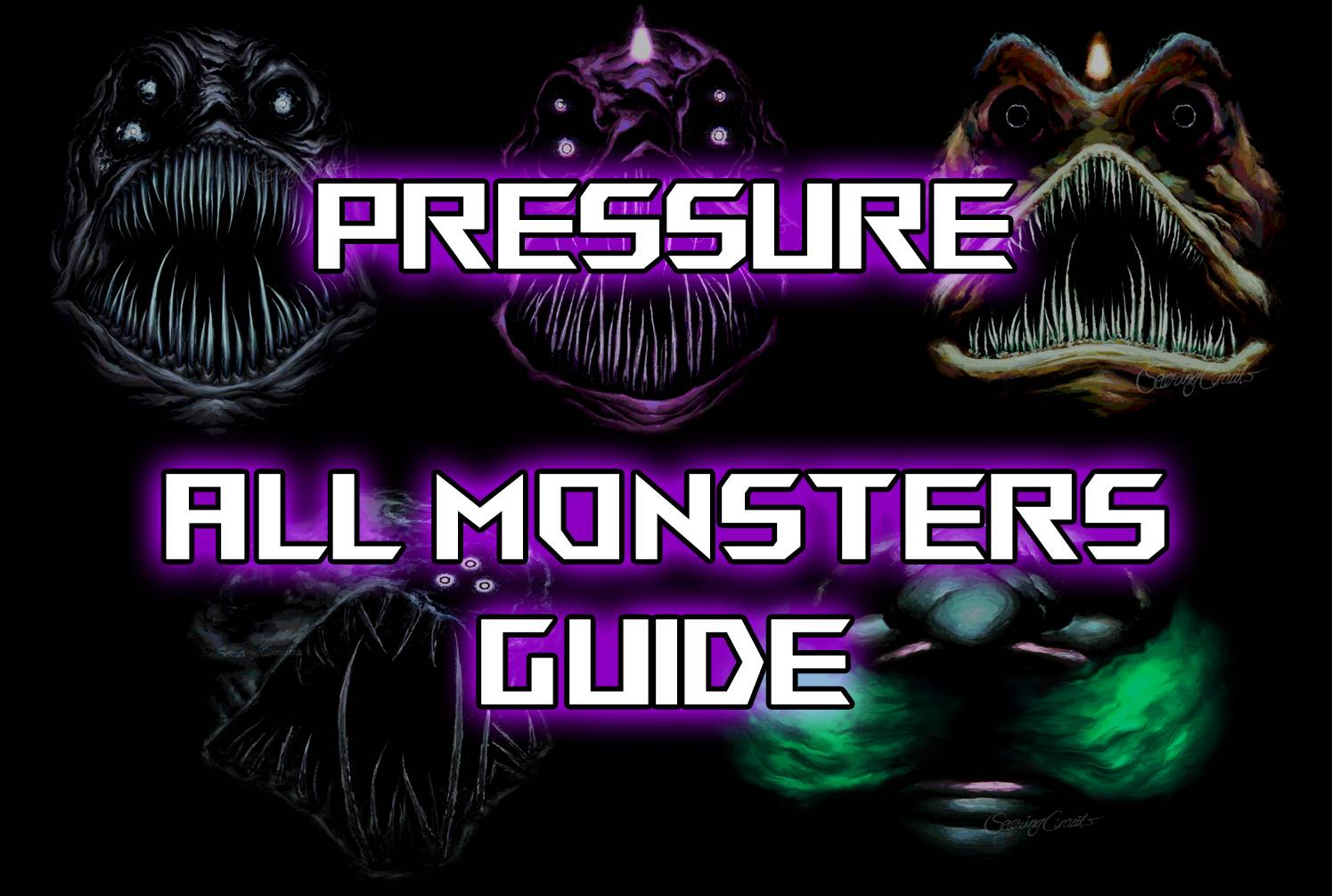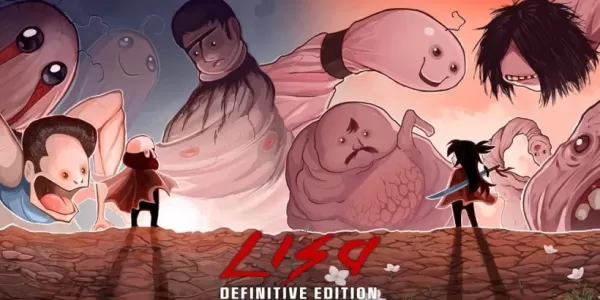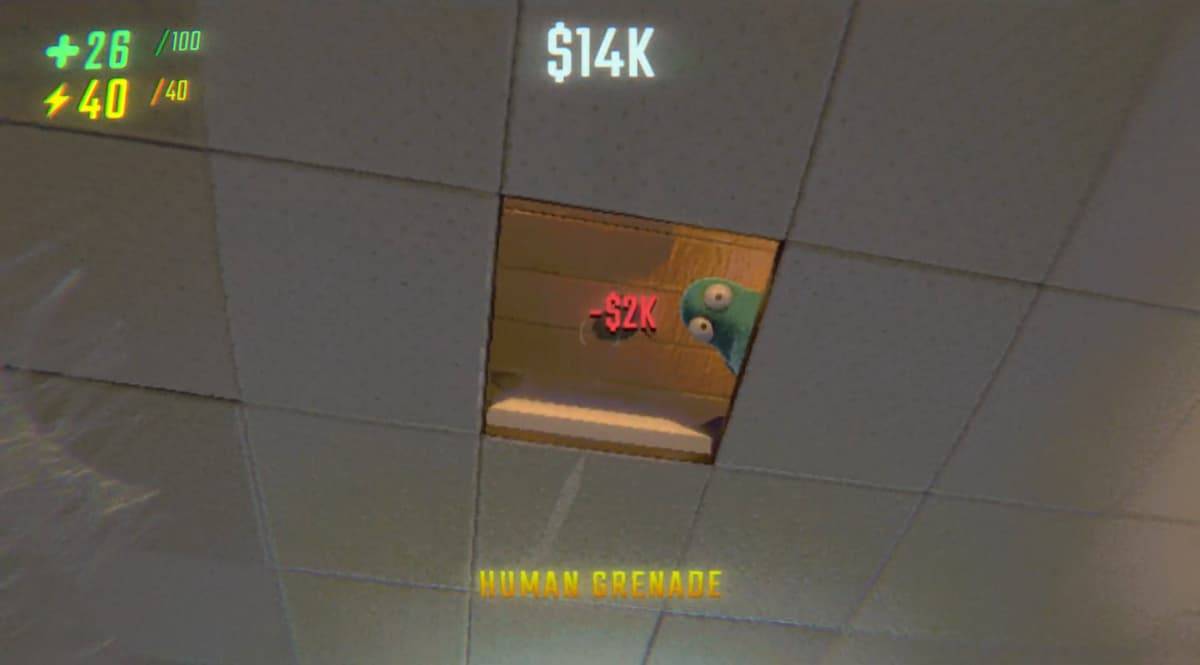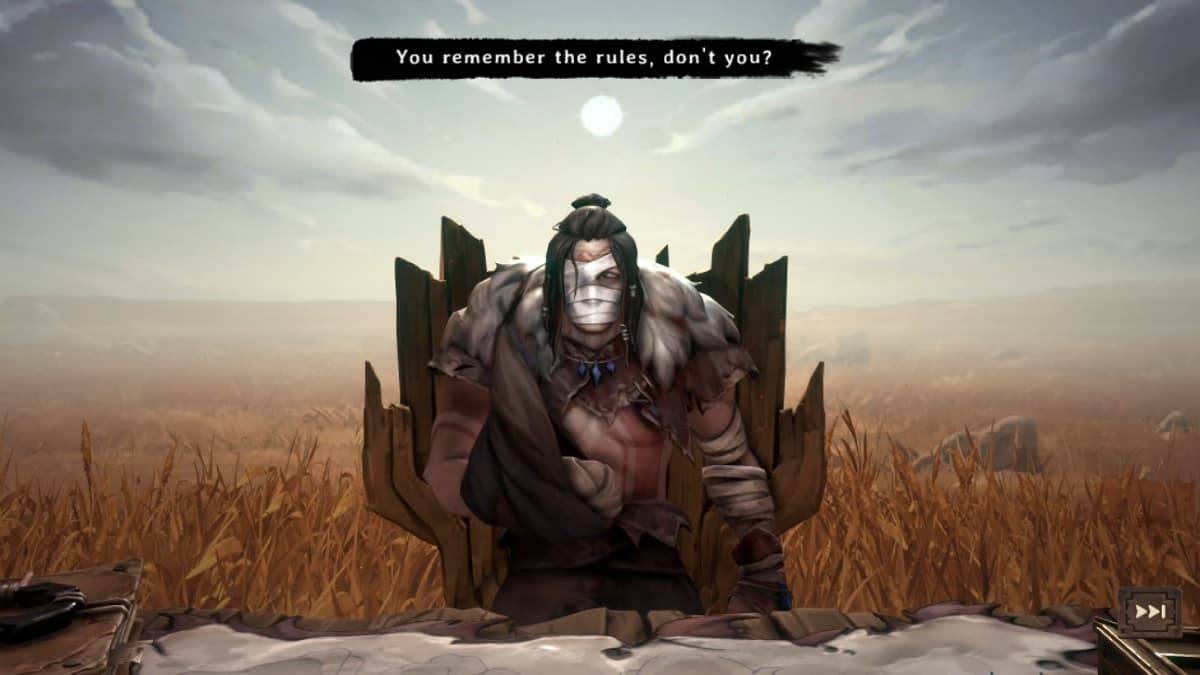The age-old debate of PlayStation versus Xbox has long fueled discussions among gamers, whether through Reddit threads, TikTok videos, or heated conversations among friends. While the loyal followers of PC gaming and Nintendo enthusiasts hold strong opinions, much of the recent video game history has been shaped by the rivalry between Sony and Microsoft. However, as the gaming landscape has transformed dramatically over the past year and the last two decades, the question remains: Is the console war still ongoing? With the rise of handheld gaming and younger generations crafting their own gaming setups, the battlefield has evolved, possibly crowning an unexpected victor.
The video game industry has surged to become a financial powerhouse, generating $285 billion in 2019 and skyrocketing to $475 billion by last year. This figure surpasses the combined revenue of the global movie and music industries, which totaled $308 billion and $28.6 billion respectively in 2023. Projections indicate that by 2029, the industry could reach nearly $700 billion, a far cry from its modest beginnings with games like Pong.
Given this growth, it's no wonder that Hollywood stars like Mads Mikkelsen, Keanu Reeves, Jon Bernthal, and Willem Dafoe have embraced roles in video games over the past five years. Their participation highlights the significant shift in how video games are perceived. Even giants like Disney have made substantial moves into gaming, with a $1.5 billion investment in Epic Games during Bob Iger's second term, aiming to establish a strong presence in the gaming world. However, not all companies are riding this wave successfully, as Microsoft's Xbox division faces challenges.
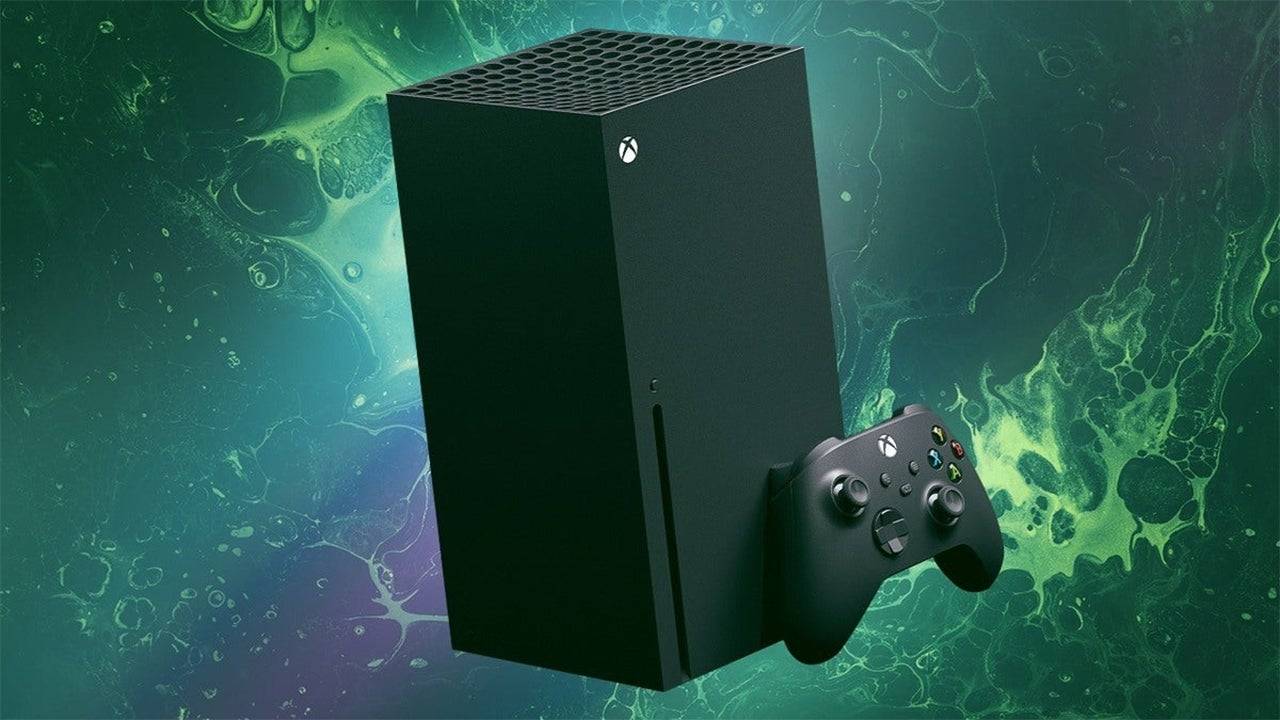
The Xbox Series X and S were designed to be a significant upgrade over the Xbox One, yet they have not captured the market as hoped. Sales of the Xbox One still outpace the Series X/S by nearly double, and according to Mat Piscatella from Circana, this generation of consoles may have already peaked. In 2024, the Xbox Series X/S sold fewer than 2.5 million units for the entire year, while the PlayStation 5 achieved the same sales figure in just the first quarter. Rumors of Xbox potentially shutting down its physical game distribution and possibly exiting the EMEA market add to the concerns about its future in the console war.
Microsoft has essentially conceded the console war, as revealed during the lengthy Activision-Blizzard acquisition process. The company admitted it never believed it had a real chance in the console market. With the Xbox Series X/S struggling to match the sales of its predecessor and Microsoft's candid acknowledgment of its shortcomings, the focus has shifted away from traditional console sales. Xbox Game Pass has emerged as a priority, with Microsoft willing to pay substantial sums to include high-profile titles like Grand Theft Auto 5 and Star Wars Jedi: Survivor on the service. This move underscores Microsoft's pivot towards cloud gaming, as evidenced by its recent "This Is An Xbox" campaign, which redefines Xbox not just as a console but as an accessible service.
Rumors of an Xbox handheld device further indicate Microsoft's strategic shift. Leaked documents from the Activision-Blizzard acquisition suggest the development of a "hybrid cloud gaming platform" for handhelds. Xbox chief Phil Spencer has also highlighted the importance of mobile gaming in shaping the company's future. This strategic shift is driven by the staggering number of gamers—over 1.93 billion out of 3.3 billion total gamers—playing on mobile devices in 2024. The mobile gaming market now constitutes $92.5 billion of the industry's $184.3 billion total valuation, dwarfing console sales at $50.3 billion.

Mobile gaming's dominance isn't a recent phenomenon. By 2013, mobile gaming in Asia far outpaced the West, with South Korea and China leading the charge. Games like Puzzle & Dragon and Candy Crush Saga out-earned even GTA 5 that year. Over the 2010s, mobile titles like Crossfire, Monster Strike, Honor of Kings, Puzzle & Dragon, and Clash of Clans were among the highest-grossing games, despite not being as widely recognized as their console counterparts.
However, mobile gaming isn't the only factor drawing attention away from consoles. PC gaming has also seen significant growth, with an increase from 1.31 billion players in 2014 to 1.86 billion in 2024, boosted by 200 million new players during the 2020 COVID-19 pandemic. Despite this growth, the PC gaming market still trails consoles by $9 billion in 2024, indicating a decline rather than a rise.
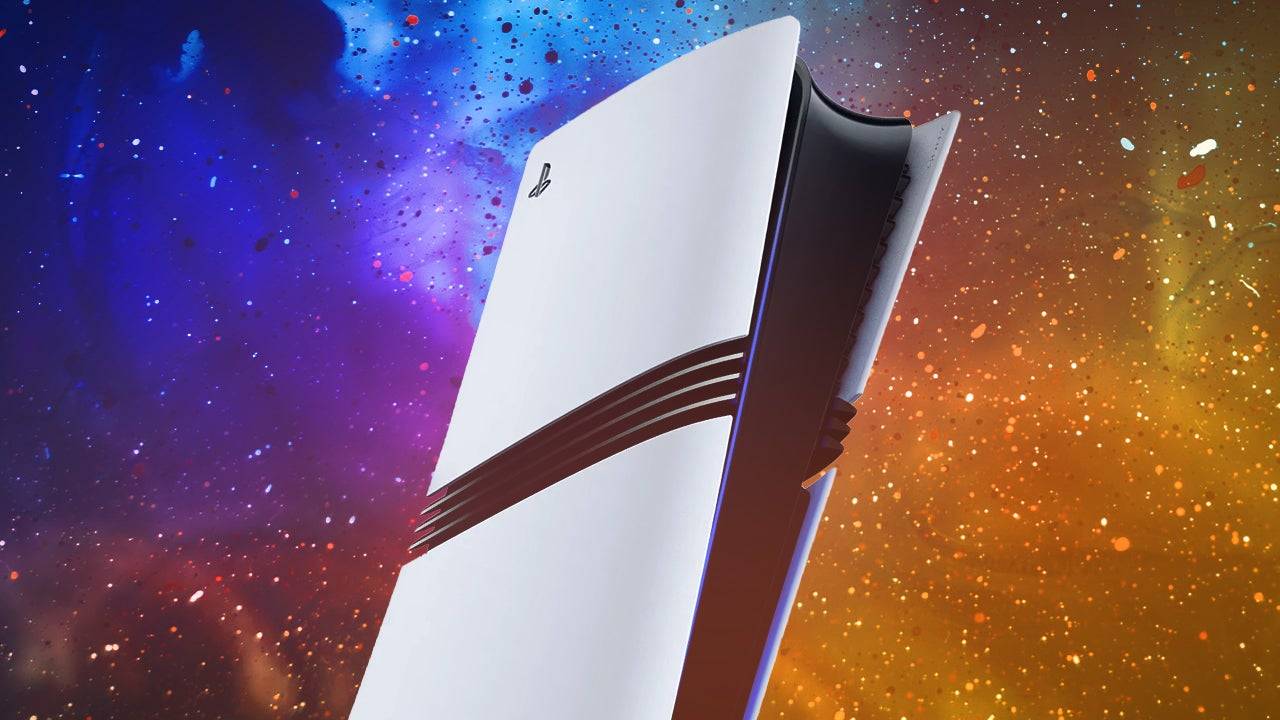
In contrast, Sony's PlayStation 5 has been a resounding success, with 65 million units sold to date compared to the Xbox Series X/S's 29.7 million. Sony's Game and Network Services reported a 12.3% profit increase, driven by strong sales of first-party titles like Astro Bot and Ghost of Tsushima Director’s Cut. Analysts predict that by 2029, Sony will sell 106.9 million PS5s, while Microsoft expects to sell between 56-59 million Xbox Series X/S units by 2027. This disparity suggests a significant challenge for Microsoft to regain its footing in the market.
Yet, the PS5's success story is not without its caveats. Half of PlayStation users still prefer the PS4, and the PS5's library of exclusive titles is relatively small, with only 15 genuine PS5 exclusives. The PS5 Pro's lukewarm reception, priced at $700, further underscores that the console hasn't yet justified its cost for many gamers. However, the upcoming release of Grand Theft Auto 6 could change this narrative, potentially showcasing the PS5's true capabilities.
So, is the console war over? Microsoft has seemingly accepted defeat, focusing instead on cloud and mobile gaming. Sony's PS5, while successful, has yet to fully justify its leap forward. The true victor appears to be those who have opted out of the traditional console battle altogether. As mobile gaming giants like Tencent continue to expand their influence, with potential acquisitions like Ubisoft, the future of gaming will increasingly be defined by cloud gaming and mobile platforms. The next five years will likely be less about hardware supremacy and more about the strength and speed of cloud gaming infrastructure. The console war may be over, but the mobile gaming revolution is just beginning.











